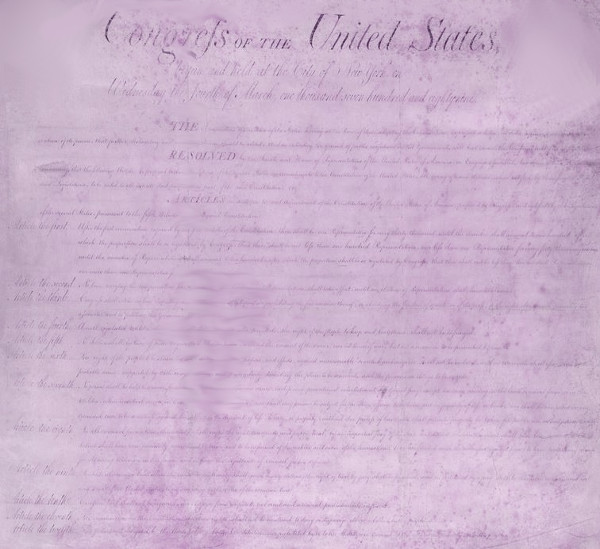The Bill of Rights is one of the three founding documents; the Constitution would not have been ratified without it. Some of the founders thought that the Constitution alone gave too much power to the government. Note therefore that none of the amendments further empower government, but rather limit it, or specifically empower its citizens.
America’s Civil Rights are under attack as never before, or at least since the Civil Rights Act was passed (1964). Click on a title below to see the full text of each amendment.

Bill of Rights
1st Amendment – Right to free speech and religious freedom – Churches were shut down during the Sars-CoV-2 Lock-downs – contrary to our Civil Rights
2nd Amendment – Right to keep and bear arms – under attack by the far left
3rd Amendment – Right to be secure in your house – specifically from the military
4th Amendment – Right to be secure … relates to persons or houses; no search or arrest without probable cause
5th Amendment – Rights to be free in person and property except through due process, right not to be compelled to witness against oneself, no double-jeopardy
6th Amendment – Right to a speedy and public trial, by an impartial jury …
7th Amendment – Right to trial by jury in civil cases exceeding $20
8th Amendment – Right to be free from excessive bail or excessive fines
9th Amendment – Rights specified in the constitution are not to be interpreted to deny any other human rights
10th Amendment – Authority not spelled out in the Constitution is up to the states
The 13th, 14th, and 15th Amendments end slavery and extend rights to all people; these amendments should also be considered sacrosanct. It should be pointed out that the Declaration of Independence says our rights, given by God, belong to all men.